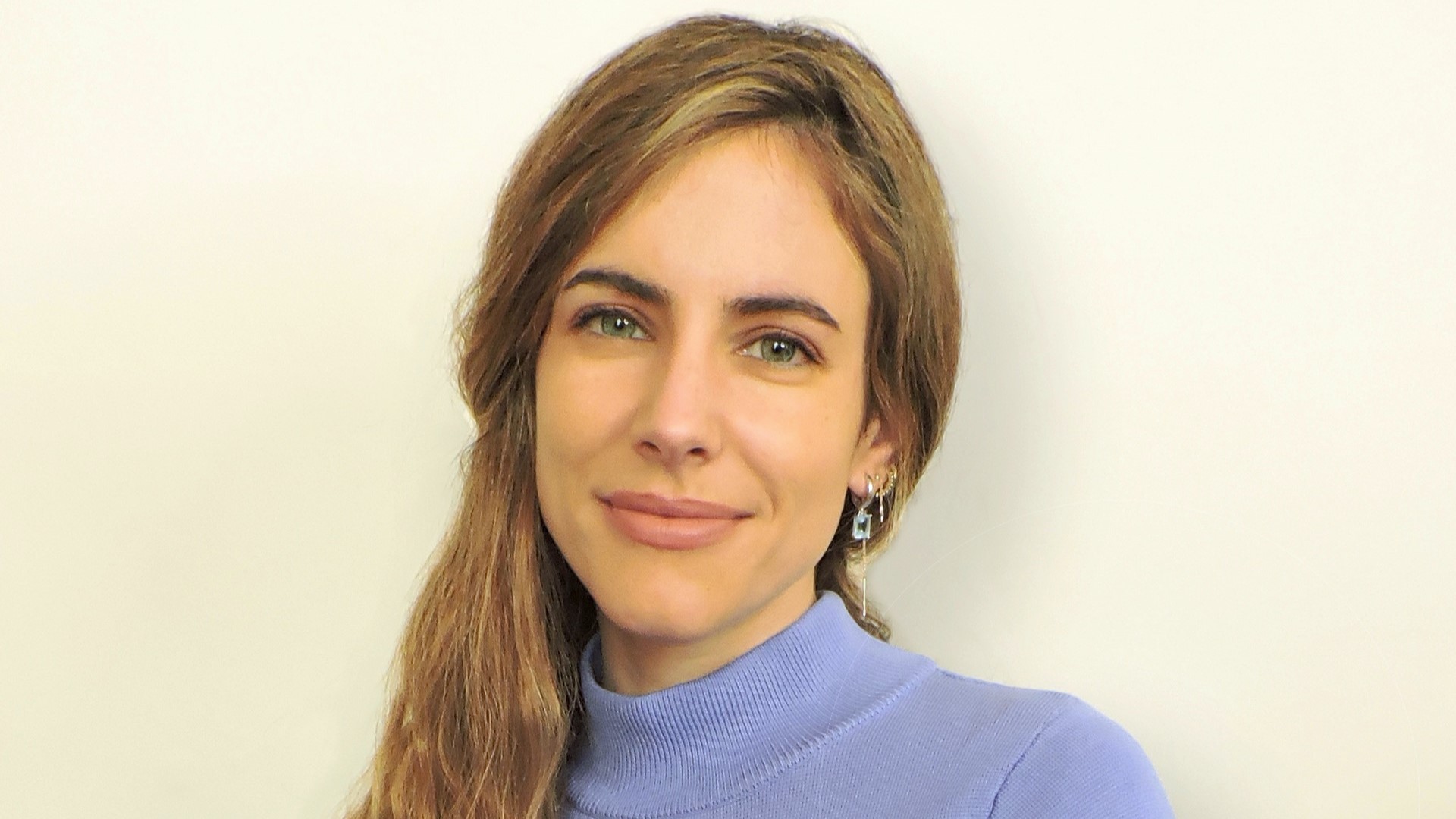Young GI Blog
Social media has become an indispensable tool for disseminating health information
July 16, 2024 | Beatriz Gros

Dr. Beatriz Gros is an IBD specialist working as a consultant gastroenterologist at Reina Sofía University Hospital in Cordoba, Spain. Passionate about IBD education and clinical research, she shares her knowledge through social media (@bealoquebea on X, @dr.beatrizgros on IG) and her educational website www.ibd-eii.com. Her innovative approach has earned her a spot as a WHO Fides health influencer.
In today's digital age, social media has become an indispensable tool for disseminating health information and education. The importance of using social media platforms to educate both patients and healthcare professionals cannot be overstated. Social media provides a unique opportunity to reach a broad audience, offering accessible and timely information that can significantly impact public health outcomes and can combat misinformation.
For patients, social media is a powerful resource for learning about their conditions, treatment options, management strategies and to increase awareness about their conditions to the population. Platforms like Instagram, Twitter, and Facebook allow healthcare professionals to share valuable content in the form of posts, videos, and live sessions. These platforms facilitate a more personal connection between doctors and patients, breaking down traditional barriers to information. Patients can follow their healthcare providers for updates, ask questions in real-time, and receive support from online communities. This continuous flow of information helps patients feel more informed and empowered to take an active role in their healthcare. In fact, several studies have informed of the benefits of such interactions (1–4).
Education via social media also extends to promoting preventive health measures. By sharing tips on healthy lifestyles, early warning signs of diseases, and the importance of regular check-ups, healthcare professionals can encourage proactive health behaviors. This preventive approach is crucial in managing chronic diseases and reducing the overall burden on healthcare systems. As an example, IBD patients on immune-modulator therapies should have their vaccines, use sun screen protection etc. for which these platforms are great sources to remind them about this.
For healthcare professionals, social media serves as a platform for continuous education and professional development. Medical professionals can stay updated with the latest research, guidelines, and best practices through reputable accounts and organizations. A good example is @MondayNightIBD on X. Additionally, social media fosters a sense of community among healthcare providers, enabling them to share insights, discuss challenging cases, engage in research and provide peer support. This collaborative environment is essential for improving patient care and advancing the medical field. It's fantastic how, with just a single click, healthcare professionals can connect with colleagues across the globe, and their content can reach even the most remote areas, providing help and knowledge where it's needed most. At a personal level creating content on social media is an act of creativity and expression that helps to promote other non-medical fields areas of our lifeslives.
Moreover, social media can play a pivotal role in debunking myths and combating misinformation. The rapid spread of false information, especially regarding medical topics, poses a significant threat to public health. Healthcare professionals can leverage their expertise to correct misconceptions and provide evidence-based information. By actively participating in online discussions, they can guide the public towards accurate sources and encourage critical thinking.
However, the use of social media in healthcare education does come with challenges. The first one is the time, generating quality content is time-consuming, even if one has the support of AI to generate easier content. Additionally, ensuring the accuracy and credibility of information is paramount and language needs to be adapted to the public. Healthcare professionals must be diligent in verifying sources and presenting information that aligns with current medical standards. Additionally, maintaining patient privacy and confidentiality is crucial. Ethical considerations should be in place to protect sensitive information.
Conclusion
The integration of social media into healthcare education for both patients is nothing short of revolutionary. It enhances accessibility to information, supports patient empowerment, promotes preventive health measures, and fosters professional development and networking. By embracing these digital platforms, healthcare providers can transform health literacy and outcomes on a global scale. As the landscape of healthcare continues to evolve, the strategic use of social media will undoubtedly remain a cornerstone of effective health communication. This dynamic shift offers unparalleled opportunities for all healthcare professionals to expand their reach, share their expertise, and make a lasting impact on the well-being of individuals and communities worldwide.




Please log in with your myUEG account to post comments.